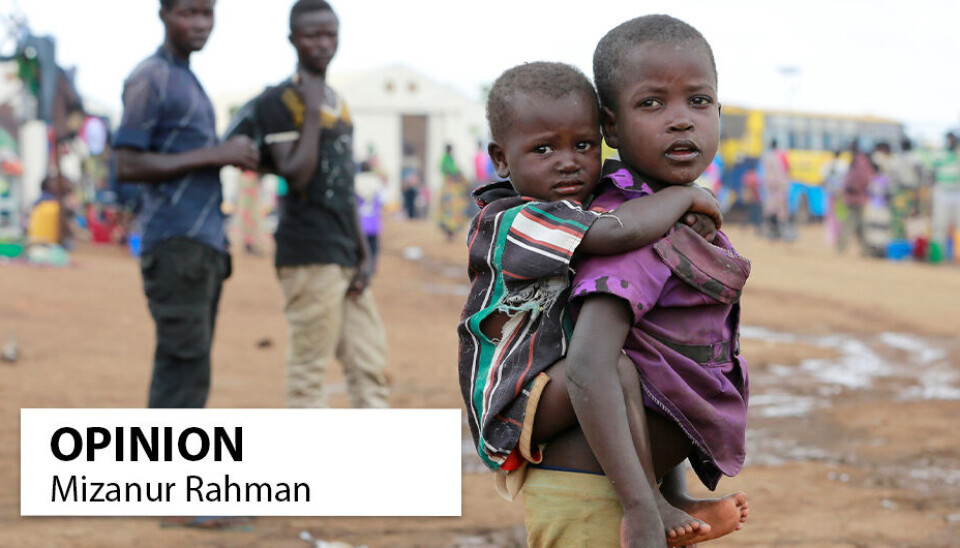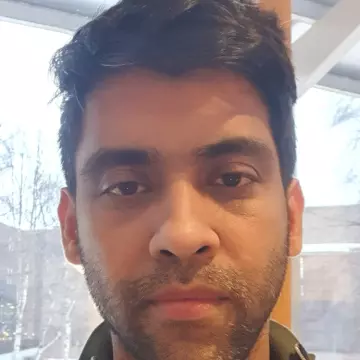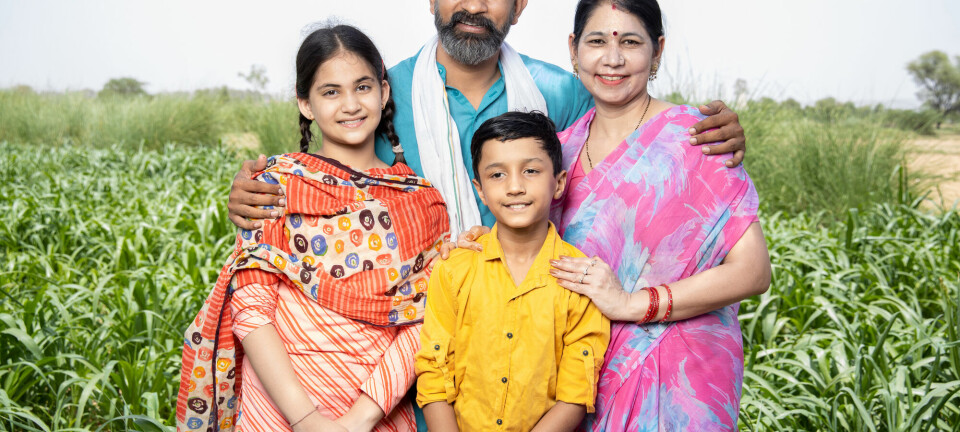Opinion:

Refugees must participate in decision making that affect their own lives
OPINION: Many refugees from Sudan, Congo, Rwanda, Burundi, and Kenya reside in the Kyangwali refugee settlement in Western Uganda. In 2021, the population of Kyangwali was 125,039.
World Food Program (WFP) distributed maize to the 50,000 refugees residing in Kyangwali Settlement from 2000 to 2005. On the other hand, Refugees in Kyangwali had already started growing maize to sell and support their families.
When World Food Program overflowed the market with free maize, prices dropped dramatically, and thousands of kilograms of maize produced by refugees were left to rot. This unfortunate incident could have easily been prevented if refugees had been included in the decision making phase.
Refugees must be considered as active participants whose voices matter, not as mere discussion objects.
The case outlined above demonstrates how crucial it is to include the people who will be affected by the policy or decision. Those who will be affected by a decision should be able to be part of that decision making process. Participation also makes groups feel empowered and helps policymakers make better decisions.
Who are refugees?
According to United Nations High Commissioner for Refugees (UNHCR), «refugees are people who have fled war, violence, conflict, or persecution and have crossed an international border to find safety in another country». And stateless people are ones who are not considered as national by any State under the operation of its law.
Both refugee and stateless people face similar challenges when it comes to participation in the decision making phase. When this paper mentions refugees, it will include both refugee and stateless groups.
What do we mean by refugee participation?
UNHCR defines «participation» as the full and equal involvement of concerned persons in all decision-making processes and activities that affect their lives and the lives of the people around them.
The participation issue is different for Refugees and stateless people compared to people who have citizenship and are legally part of a state. In a perfect world, each country would look for what's best for its own people. But refugees and stateless people do not have a state, and that’s why regular citizen rights do not apply to them.
Refugees are viewed as vulnerable and believed to be incapable of making the right choice. As a result, refugees and stateless people are generally excluded from participating in the decision making process.
International Pledges to Ensure Refugee Participation
Refugee and statelessness are old, new, and timeless problems. International response and refugee movement in the modern era have been visible in the aftermath of the second world war. The 1951 refugee convention and its 1967 protocol are the crucial documents that formed the ground for many refugee-related works.
The recent push for greater and meaningful refugee participation started in 2016 with New York declarations for refugees and migrants. The Declaration advocates for a «multi-stakeholder approach» to refugee protection that incorporates diverse but related stakeholders such as national & international authorities, regional organizations, civil society partners, private sector, media, and refugees themselves. All UN member states unanimously accepted the multi-stakeholder approach.
The New York Declaration outlines the essential components of a Comprehensive Refugee Response Framework (CRRF) applicable to large-scale refugee migrations and prolonged refugee situations. The New York Declaration also prepared the path for two new global compacts to be adopted in 2018:
a) a global compact on refugees (GCR) and
b) a global compact for migration.
Refugee Participation in International Forum
In December 2019, UNHRC held the first Global Refugee Forum (GRF) in Geneva with the participation of 3000 attendees, including the head of state, ministers, UN secretary-general, representatives from international organizations, refugees, businesses, and members of civil society.
The GRF's goal was to consider fresh approaches to addressing refugee protection and solutions globally. A notable aspect of GRF was the presence of 70 (2 per cent of total participants) refugees from 22 countries of origin and 30 countries of asylum.
Refugee representatives delivered speeches on nearly all the panels at the GRF event. GRF paved the way for refugees to participate in major international events.
As a follow-up to the GRF, a high-level official meeting (HLOM) was held in December 2021 in Geneva. This HLOM was arranged to create a long-term framework to involve refugees and other actors. During that high-level meeting, many intergovernmental organizations and states signed the Global Refugee-led Network's participation pledge.
The pledge intends to promote refugee-led organizations (RLOs) by raising the representation of refugee speakers at their public-facing events. Countries like Australia, Canada, Denmark, The Netherlands, and the USA, and stakeholders like Oxfam International, the IKEA Foundation, and Save the children signed the pledge.
Refugees-led Initiatives for Participation
Along with initiatives from different states and international organizations, diverse initiatives developed and led by refugees to exert their voice at different levels, i.e., local, national, and international. In 2017, for instance, they created a coalition of refugees and refugee-led NGOs named Network for Refugee Voice.
The first-ever Global Summit of Refugees organized by refugees was held in 2018 in Geneva. More than 80 refugee leaders from six continents came together at this historical event to work on a long-term plan to ensure refugee policy is fair and effective. As a product of the summit, Global Refugee-led Network (GRN) was established.
Refugee participation is yet to pass the tipping point
Overall, we have seen many commitments in recent years from global actors for refugee inclusion. Sadly, these promises have not been appropriately materialized. Nonetheless, this does not imply that the global community is totally oblivious to or unsympathetic to the realities.
Generally, the opinion of refugees and host communities are not given enough consideration. Even though 85 per cent of the global refugee population is hosted in developing countries, refugees from the Global North are overrepresented in discussion and decision-making forums. There is no legal mandate to ensure refugee participation in international law except for some non-binding soft instruments.
Concluding Remark
Participation is essential to the formulation of effective public policy. Refugees must be considered as active participants whose voices matter, not as mere discussion objects. It is hard to ensure refugee representation as there are many challenges, such as finding the correct way to select representatives, safeguarding refugee whistleblowers from the different threats, and missing an adequate legal framework.
Human rights advocates should develop more meaningful mechanisms and criteria to ensure the participation of people with stakes in the decision making.
FURTHER READING:
Share your science or have an opinion in the Researchers' zone
The ScienceNorway Researchers' zone consists of opinions, blogs and popular science pieces written by researchers and scientists from or based in Norway. Want to contribute? Send us an email!





























